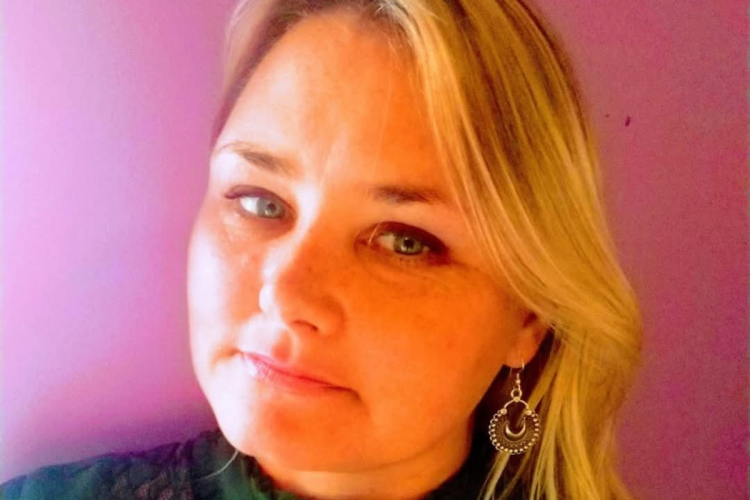Teacher, single mum, peer worker – and now SA Volunteer Award recipient. Danica Gates is proof that lived experience and compassion can save lives.
When Danica Gates accepted the Joy Noble Medal – South Australia’s highest honour for an individual volunteer – she was still in disbelief.
“It was a shock,” she says. “Especially knowing how many amazing people are out there giving their time and heart. But I suppose it’s not just about time – it’s about purpose. For me, it’s very personal.”
Eight years ago, Danica lost her younger brother to suicide. In the wake of her grief, she felt heartbreak – and frustration at the stigma and lack of support in her rural town of Tumby Bay.
So she founded Beacon of Hope, a suicide prevention network offering peer support, education, and a safe space at their community wellbeing hub, MGA House.
Building hope in a small town
It started small. A marquee. A few brochures. At first, no one came.
“There was a lot of stigma,” Danica says. “Especially in small towns where everyone knows each other. But over time, that’s shifted. People are now reaching out – for themselves or someone they care about.”
SA’s Suicide Prevention Networks, including Beacon of Hope, are now becoming a recognised part of the mental health landscape, providing peer support and raising the voices of lived experience state-wide.
The group trains locals in listening skills and suicide awareness, and provides support after a loss. It’s trauma-informed and community-led.
Danica has also spoken at conferences, completed leadership training, and received the 2022 Rowan Ramsay Community Award.
She works three days a week as a teacher, and as a peer worker for StandBy, the national suicide bereavement service – all while raising three kids as a single mum.
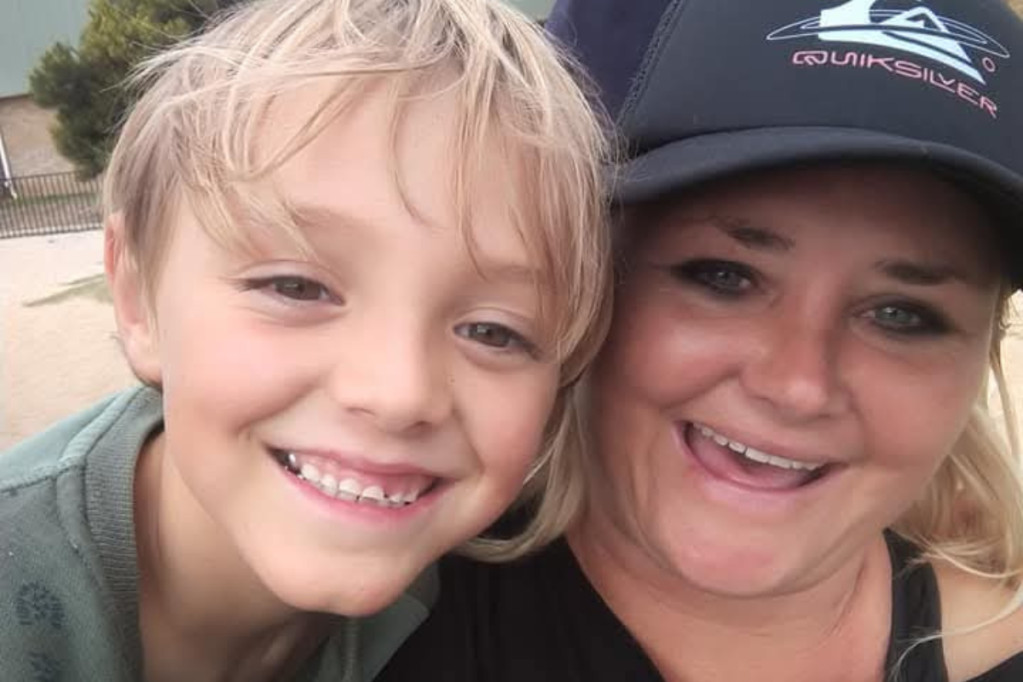
The tough stats
One in six South Australians report experiencing thoughts of suicide each year.
Some groups are at greater risk:
- Suicide is the leading cause of death for South Australians aged 15 to 44
- Men are three times more likely to die by suicide than women
- People living in regional areas face significantly higher risk than those in metro areas.
“In a small town, everything’s magnified,” Danica says. “And when someone is lost to suicide, everyone feels it.”
More than crisis care
Accessing mental health support can be harder in regional areas – especially when it comes to finding local, in-person help.
That’s what Beacon of Hope is working to change. At MGA House, people can drop in for a chat, ask about services, or talk through what’s on their mind.
“It’s not counselling,” Danica says. “But we listen – without judgment. And sometimes that’s exactly what people need.”
The group also builds capacity in the community, offering resilience training and suicide prevention workshops for everyday people – like café staff, supermarket workers and hairdressers – who are often the first to notice when someone’s not OK.
“There are things that increase someone’s risk – relationship breakdowns, job loss, grief, financial stress,” Danica says. “If we knew what to look out for earlier, we could intervene earlier.”
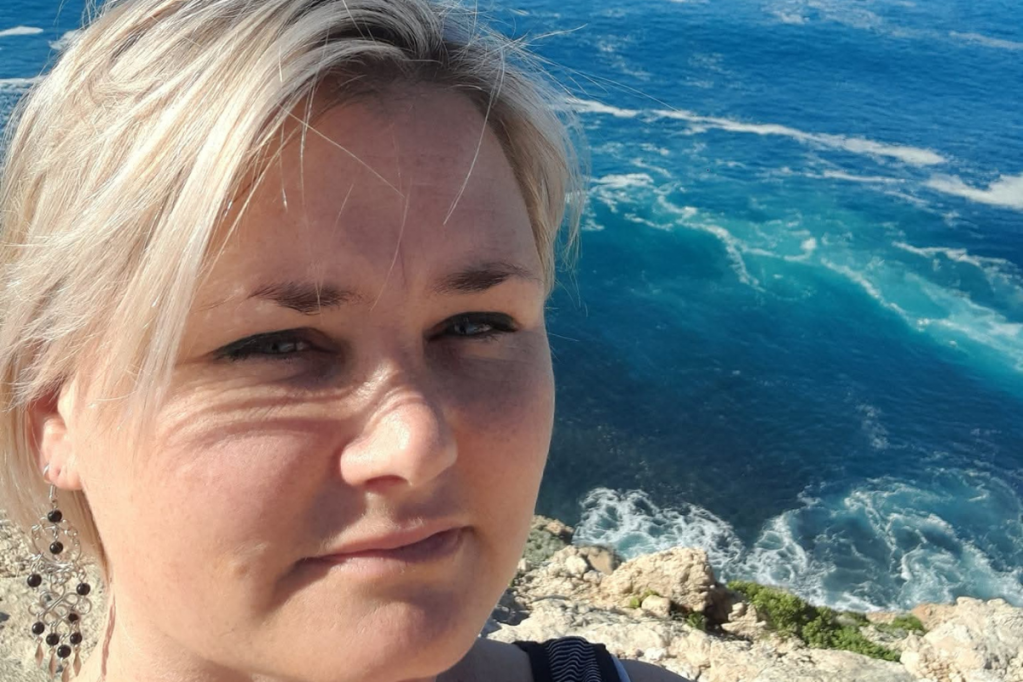
Why postvention matters
For Danica, the grief of losing her brother wasn’t just heartbreaking – it was isolating.
“People don’t always get it,” she says. “They think you should be over it by now, but suicide grief is different. There’s trauma. There’s guilt.”
That’s why support after suicide – known as postvention – is just as vital.
“What helped me most was hearing from others who had been through it. That’s what we try to offer through Beacon of Hope: someone who understands.”
One of the group’s most meaningful events is their Roses in the Ocean ceremony – a gentle, healing space for people who’ve lost someone to suicide. “It’s not a big crowd,” Danica says. “But it’s a way to show people they’re not alone.”
“If you’ve lost someone to suicide, it puts you at higher risk yourself,” she says. “Compassionate support from people who’ve been there can be life-saving.”
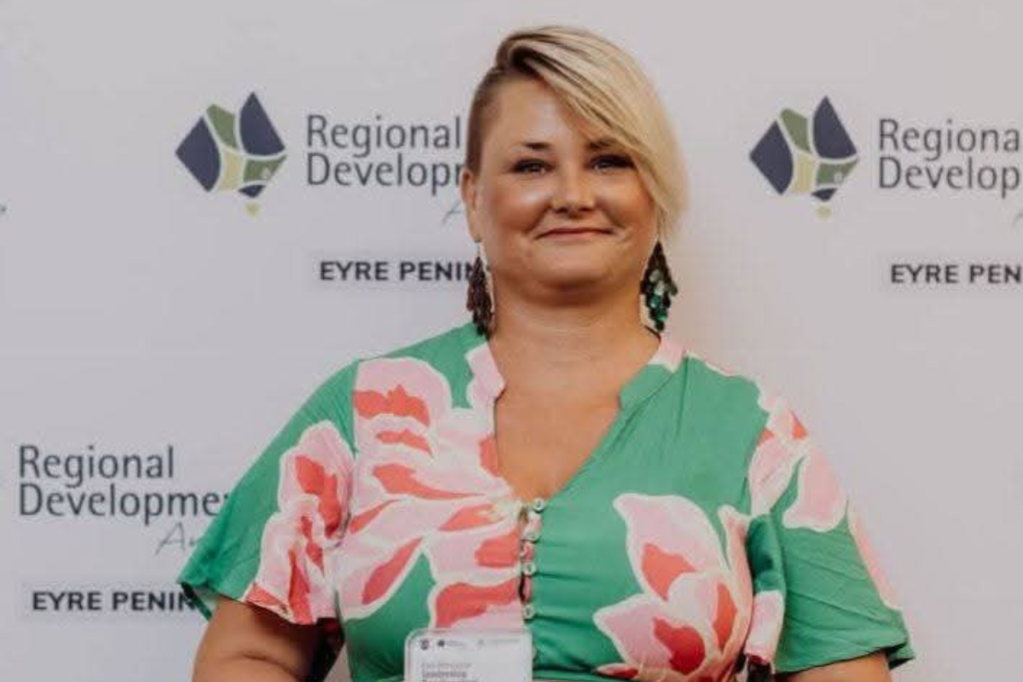
Three myths that need to go
Danica says there are still harmful myths about suicide that need challenging.
The first? That talking about suicide makes it worse.
“There’s this idea that if you bring it up, you’re planting the idea in someone’s head – but that’s not true,” she says. “Young people are already talking about it. We just need to help them talk safely.”
The second is that nothing can be done to stop someone who’s struggling.
“People have said to me, ‘If someone wants to do it, they’re going to do it,’” Danica says. “But in reality, we know that people thinking about suicide don’t want to die, they want to escape emotional pain.”
“You’ve got to try because compassion saves lives.”
And the third? That suicide is caused by one thing.
“It’s never just one thing. Trying to assign blame or simplify it just adds to the pain – and makes it harder for people to heal.”
Speaking safely, listening better
Danica is a strong advocate for the Mindframe guidelines – evidence-based tools to help people talk about suicide in ways that reduce stigma and harm.
“Words have power,” she says. “They can either create shame or connection. If everyone knew about Mindframe, we’d make it so much easier for people to ask for help.”
She also believes peer-led support is critical. “Lived experience brings understanding that can’t be taught,” she says. “It can literally save lives.”
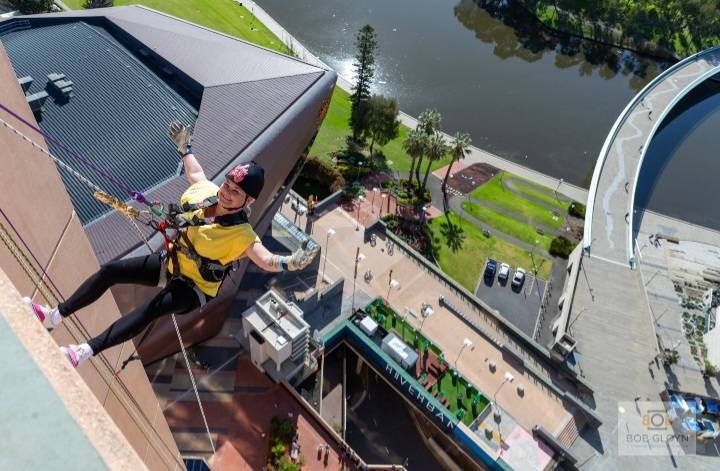
Taking the plunge
This month, Danica will abseil 70 metres down the Intercontinental Hotel in Adelaide to raise funds for Talk Out Loud, a youth suicide prevention group.
“I’ve done it once before, and it’s terrifying,” she laughs. “But it’s nothing compared to what some young people are facing.”
The power of volunteers
Danica is one of more than 950,000 South Australians who volunteer each year – contributing an estimated $5 billion in social and economic value.
The SA Volunteer Awards aim to celebrate their work and inspire others to step up.
“There’s this idea that volunteering has to be a huge commitment – but it doesn’t,” Danica says. “Even one hour a week, one conversation, can change someone’s path.”
And what motivates her to keep going?
“It’s about stopping another family from going through what mine did,” she says.
“It’s about positive change – and knowing that the way we’ve always done things isn’t working.
“There’s so much potential in our communities. We just need to give people the tools and the support to step up. That’s where real prevention starts.”
Find out more about the SA Volunteer Awards recipients and finalists here.
Community groups, sporting clubs, and non-government organisations are invited to apply for up to $5,000 in Suicide Prevention Community Grants to support state suicide prevention initiatives. Applications close on Friday, 31 October.
If you or anyone you know is struggling, make sure to reach out to one of the mental health services available 24/7:
LifeLine: 13 11 14
Beyond Blue: 1300 22 46 36
SA mental health services register


